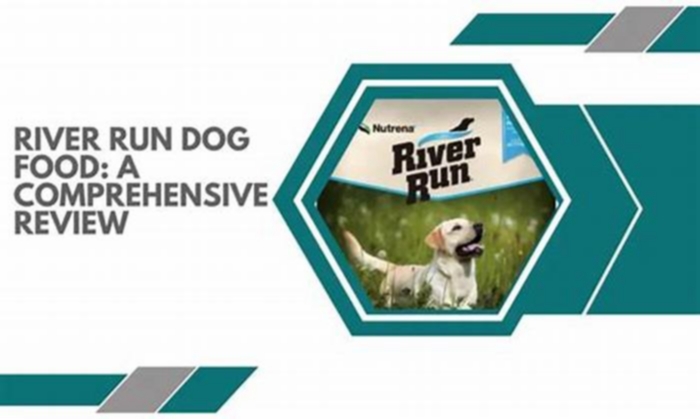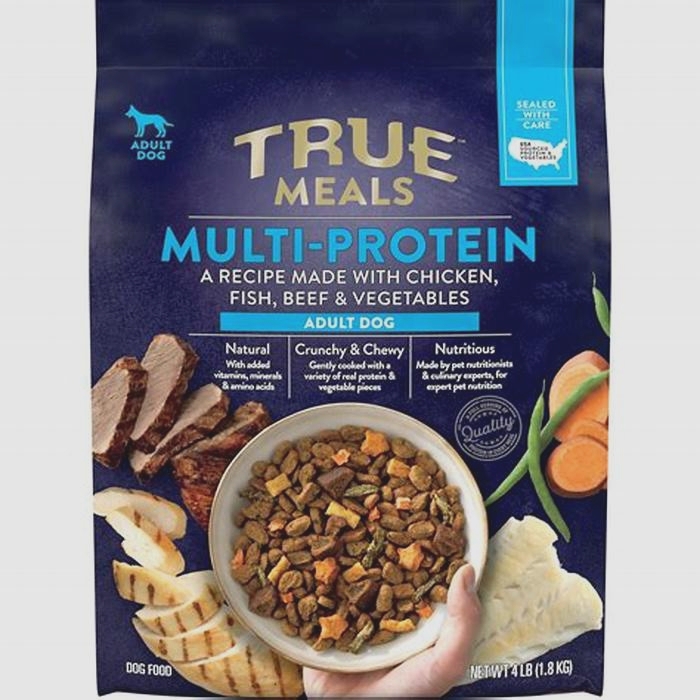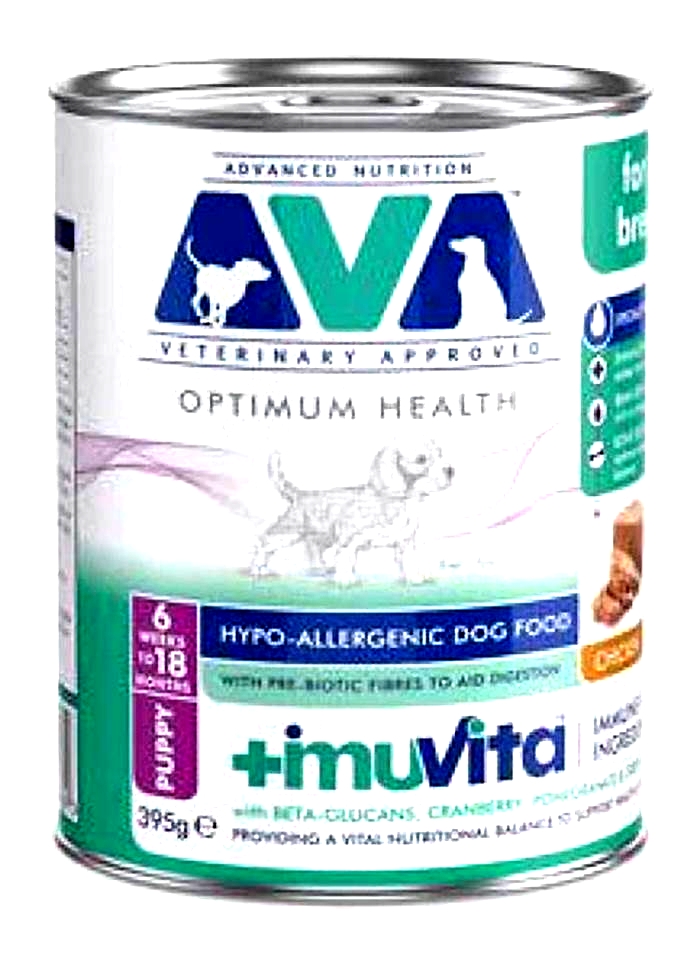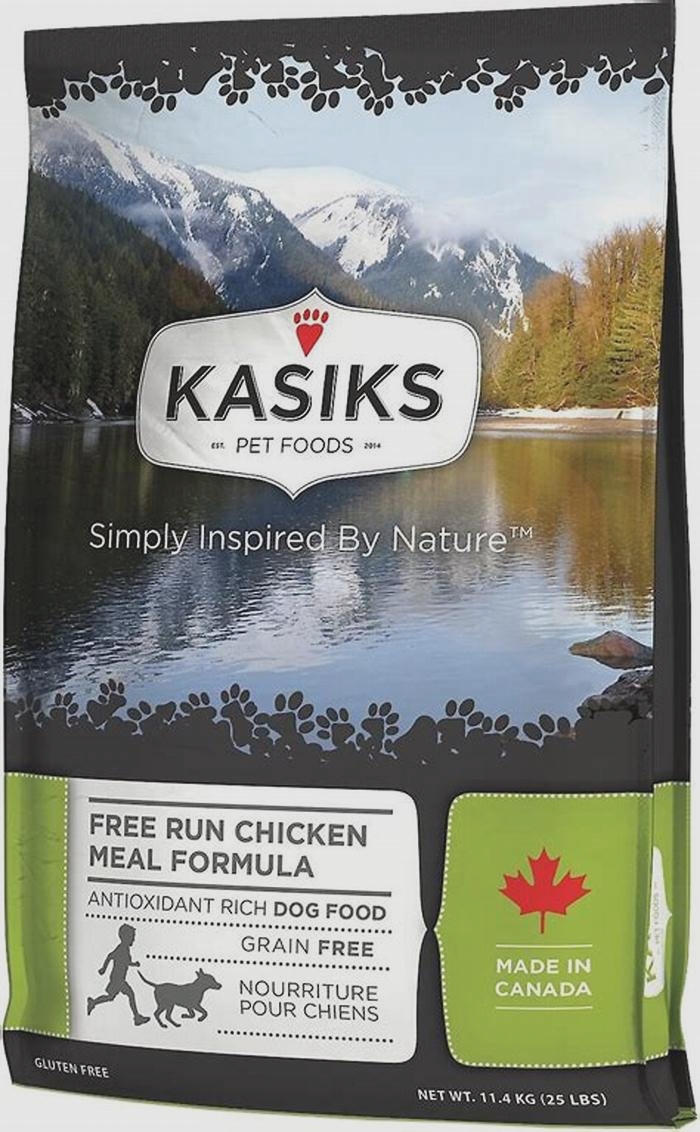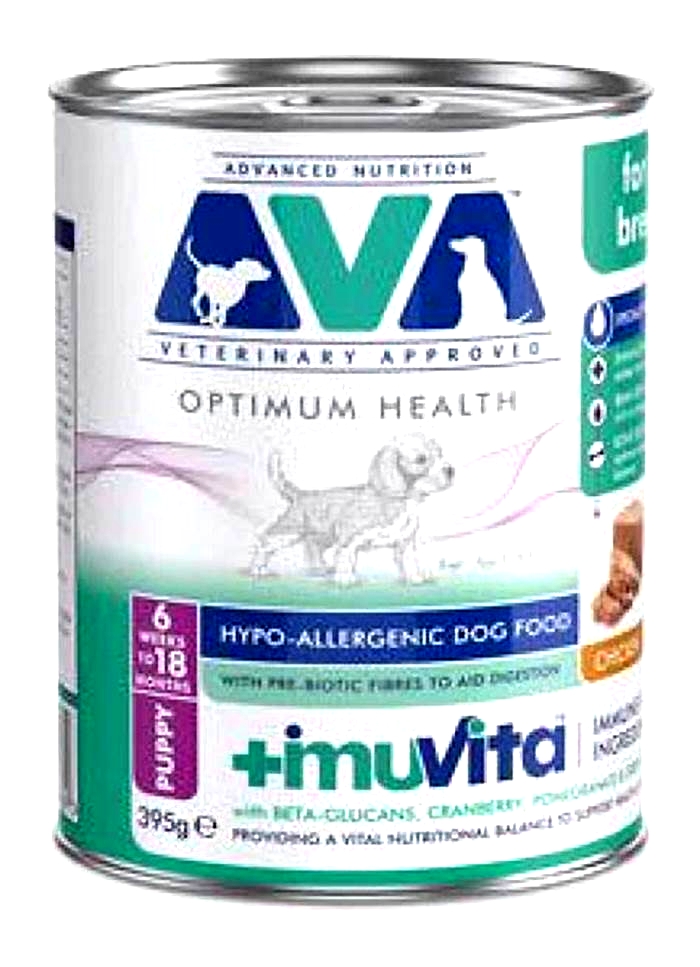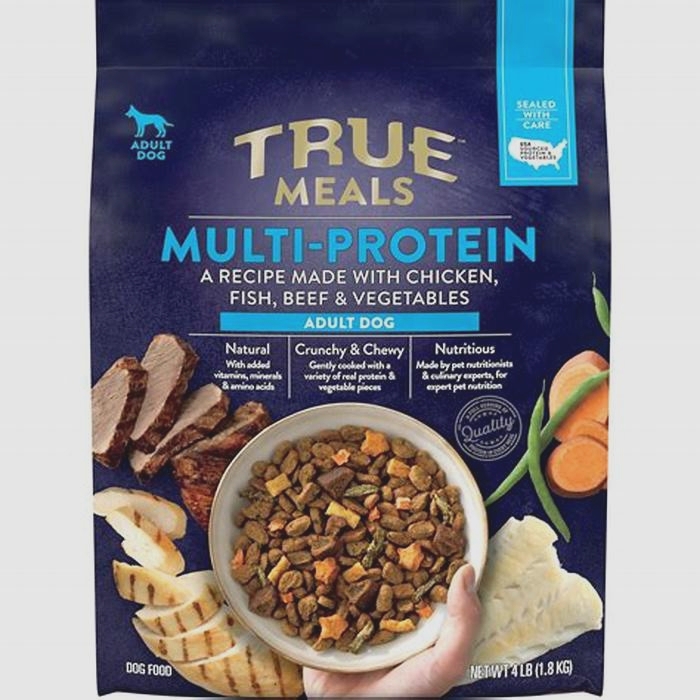Understanding Top Breed Dog Food A Comprehensive Guide to Canine Nutrition
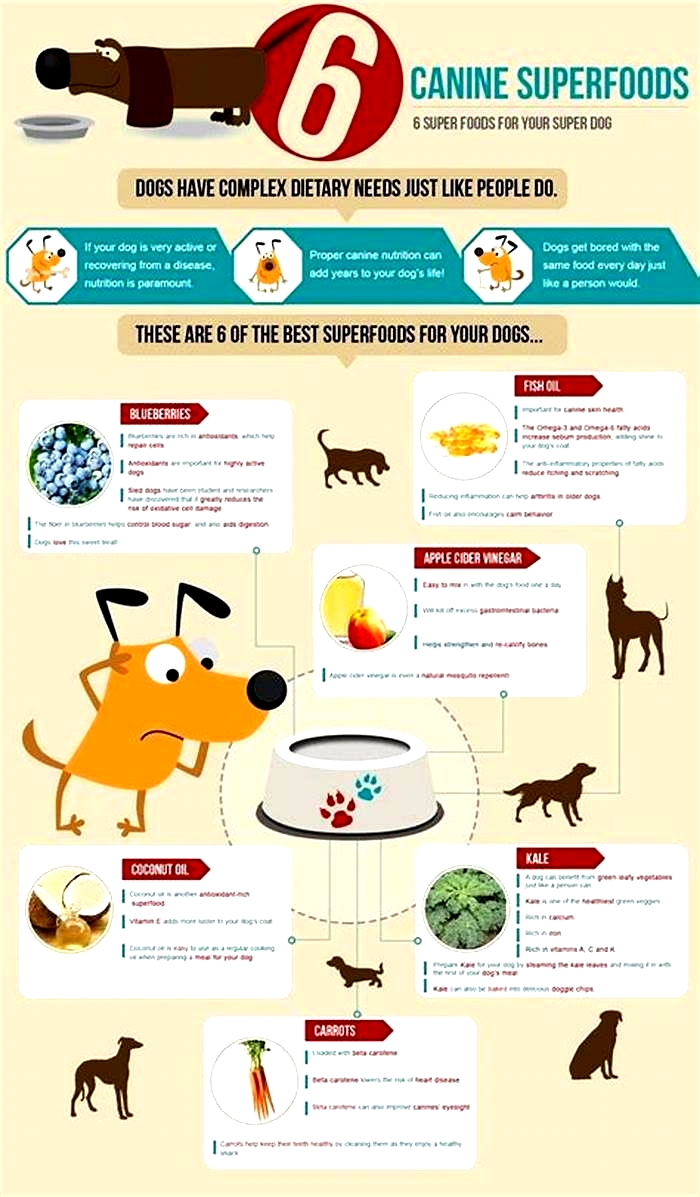
Canine Nutrition: A Comprehensive Guide for Feeding Your Dog
Feeding your dog a well-balanced diet is crucial for their overall health and well-being. As a responsible pet owner, its important to understand the nutritional requirements of dogs at different stages of their lives. This comprehensive guide will provide you with all the information you need to ensure that your furry friend is getting the right nutrients to thrive.
Understanding Your Dogs Nutritional Needs

Dogs as Omnivores
Contrary to popular belief, dogs are not strict carnivores. While they belong to the order Carnivora, their dietary needs have evolved to include a combination of plant and animal foods. Dogs have adapted to an omnivorous diet, meaning they can meet their nutritional requirements by consuming a balanced mix of proteins, fats, carbohydrates, minerals, and vitamins.
Essential Nutrients for Dogs
To keep your dog healthy, its important to provide them with the six essential nutrients they need:
- Water: Dogs require access to fresh, clean water at all times. It accounts for 60 to 70% of their body weight and is crucial for various bodily functions.
- Proteins: Proteins are the building blocks of cells and tissues. They are essential for growth, maintenance, reproduction, and repair. Good sources of proteins for dogs include animal-based meats like chicken, lamb, turkey, beef, fish, and eggs.
- Fats: Fats are a concentrated source of energy and play a crucial role in the structure of cells, hormone production, and vitamin absorption. They also provide insulation and protection for internal organs. Ensure that your dogs diet includes essential fatty acids, such as linoleic acid.
- Carbohydrates: Carbohydrates provide energy and are important for the health of the intestine and reproduction. While dogs dont have a minimum carbohydrate requirement, they need glucose for critical organ function. Moderately fermentable fibers, like beet pulp and brans, can also benefit your dogs gut health.
- Vitamins: Dogs require small amounts of various vitamins for normal metabolic functioning. While a balanced diet should provide most vitamins, consult your veterinarian before supplementing your dogs diet with specific vitamins.
- Minerals: Minerals are essential for bone and teeth health, fluid balance, and metabolic reactions. They must be provided through diet as dogs cannot synthesize them. Ensure that your dogs food contains the necessary minerals for their well-being.
Feeding Your Dog at Different Life Stages

Feeding Puppies
Puppies have specific nutritional requirements to support their rapid growth and development. The weaning process, transitioning them from their mothers milk to solid food, usually begins around three to four weeks of age. Gradually introduce them to puppy food and provide small, frequent meals throughout the day.
As your puppy grows, adjust their food portions to ensure they are getting the right amount of calories. Small breeds often reach their adult size between nine to twelve months, while larger breeds may take longer. Monitor their weight and consult your veterinarian for guidance on feeding schedules and portion sizes.
Feeding Adult Dogs
Adult dogs have different energy requirements based on their size, activity level, and overall health. Its important to feed them a balanced diet that meets their specific needs. Consult with your veterinarian to determine the appropriate amount of food and feeding schedule for your adult dog.
- Advertisement -
To maintain a healthy weight, avoid overfeeding and monitor your dogs body condition score. Regular exercise is also crucial for maintaining your adult dogs overall health and well-being.
Feeding Senior Dogs
As dogs age, their nutritional needs change. Older dogs may experience age-related changes such as deteriorating skin and coat, loss of muscle mass, and decreased immune function. To support their health, its important to provide them with a diet specifically formulated for senior dogs.
Senior dog diets should contain optimal levels of highly digestible protein to maintain muscle mass. Look for foods that include antioxidants like vitamin E and beta-carotene to combat the effects of aging. Additionally, consider incorporating supplements like gamma-linolenic acid (GLA) and fructooligosaccharides (FOS) to support joint health and gut function.
Choosing the Right Dog Food
When it comes to selecting the right dog food, there are a few key factors to consider:
- Quality of Ingredients: Look for dog foods that use real, recognizable, and whole-food ingredients. Avoid foods with fillers and artificial additives.
- Nutritional Content: Check if the dog food meets the guidelines set by the Association of American Feed Control Officials (AAFCO). These guidelines ensure that the food provides the necessary nutrients for your dogs well-being.
- Caloric Content: Consider the caloric density of the food. Feeding guidelines should help you determine the appropriate portion sizes based on your dogs weight, age, and activity level.
- Feeding Schedule: Decide whether portion-control, free-choice, or timed feeding is best for your dog. Consult with your veterinarian to determine the most suitable feeding schedule for your dogs needs.
Managing Your Dogs Weight

Maintaining a healthy weight is crucial for your dogs overall health and longevity. Obesity can lead to various health problems, including diabetes, joint pain, and liver issues. If your dog is overweight, consult with your veterinarian to develop a weight loss plan.
To help manage your dogs weight, consider the following tips:
- Correct Diet: Select a high-quality, calorie-controlled dog food that provides the necessary nutrients without excess calories. Follow your veterinarians recommendations for portion sizes.
- Increase Physical Activity: Regular exercise is essential for weight loss and weight maintenance. Increase your dogs daily activity level to burn more calories and promote overall fitness.
- Modify Behavior: Avoid overfeeding and excessive treats. Stick to a consistent feeding schedule and avoid feeding your dog table scraps or excessive amounts of treats.
Remember to consult with your veterinarian throughout your dogs weight loss journey to ensure their health and well-being.
Conclusion
Feeding your dog a well-balanced diet is essential for their overall health and well-being. Understanding their nutritional needs at different life stages is crucial for providing them with the right nutrients. By selecting high-quality dog food, following appropriate feeding schedules, and monitoring their weight, you can ensure that your furry friend lives a healthy and happy life. Remember to consult with your veterinarian for personalized guidance and recommendations.
Post Views: 102
Top Breed Dog Food Review
Price Starts at 170.00
BUY NOW ON LAZADA BUY NOW ON SHOPEE
In the realm of canine care, few decisions are as paramount as selecting the right nutrition for your furry friend. As the adage goes, You are what you eat, and this holds for our canine companions as well. The marketplace is inundated with myriad options, each touting its unique blend of ingredients and health benefits. However, discerning pet parents understand that breed-specific formulations offer tailored nutrition, aligning with the unique physiological needs of different breeds.
Understanding Canine Nutritional Needs
Diving into the intricate world of canine nutrition, it becomes evident that dogs, much like humans, require a balanced diet comprising various nutrients. At the forefront are macronutrientsproteins, fats, and carbohydratesserving as the building blocks of energy and growth. Micronutrients, encompassing vitamins and minerals, play a pivotal role in immune function, bone health, and metabolic processes.
Key Ingredients to Look for in Breed-Specific Dog Foods
When delving into the labels of breed-specific dog foods, certain ingredients emerge as paramount. Proteins, sourced from high-quality meats like chicken, beef, and fish, stand as the cornerstone of canine nutrition. The ongoing debate between grain-free and grain-inclusive formulations rages on, with proponents on both sides advocating for their preferred choices. Moreover, additives such as omega fatty acids, probiotics, and antioxidants infuse an added layer of health benefits, bolstering immune function and promoting optimal well-being.
Ingredients
TopBreed Dog Food boasts a meticulously curated list of ingredients, ensuring optimal nutrition for your furry friend. Heres a closer look:
- Chicken Meal: A high-quality protein source, promoting muscle development and overall vitality.
- Brown Rice: A complex carbohydrate that provides sustained energy and aids in digestion.
- Sweet Potatoes: Rich in fiber and essential nutrients, supporting digestive health.
- Salmon Oil: A source of Omega-3 fatty acids, beneficial for skin, coat, and joint health.
- Natural Flavors: Enhancing palatability without artificial additives or preservatives.
Each ingredient undergoes rigorous quality checks, sourced from trusted suppliers committed to sustainable and ethical practices.
Nutritional Value:
TopBreed Dog Food is formulated to meet the nutritional requirements established by AAFCO (Association of American Feed Control Officials).
- Protein: 28% minimum, supporting muscle maintenance and growth.
- Fat: 15% minimum, providing a concentrated source of energy.
- Fiber: 4% maximum, promoting healthy digestion.
- Caloric Content: Approximately 350 kcal/cup, offering a balanced calorie intake for various activity levels.
The balanced ratio of protein, fat, and fiber ensures a complete and balanced diet for dogs of all life stages.
Top Brands in the Market
Navigating the expansive landscape of dog food brands can be a daunting task for even the most astute pet parent. Yet, certain brands consistently receive accolades for their commitment to quality, transparency, and nutritional excellence. Brand A, renowned for its holistic approach, crafts formulations tailored to specific breed requirements, ensuring a harmonious blend of taste and nutrition. Brand B, with its stellar consumer reviews and rigorous quality control measures, continues to redefine industry standards. Meanwhile, Brand C distinguishes itself through meticulous ingredient sourcing and sustainable manufacturing practices, resonating with eco-conscious pet parents.
Special Dietary Needs for Specific Breeds
Different breeds, owing to their distinct physiologies, harbor unique nutritional requirements. Large breed dogs, characterized by their robust frames, necessitate formulations with a balanced calcium and phosphorus ratio, mitigating the risk of skeletal abnormalities. In contrast, small breed dogs, with their petite statures, benefit from diets rich in high-caloric density and appropriately sized kibble. Athletic breeds, perpetually brimming with energy, thrive on high-protein formulations, fueling their active lifestyles and ensuring optimal muscle development.
Common Allergens and Sensitivities in Dog Foods
The realm of canine nutrition is not without its pitfalls, with certain ingredients triggering adverse reactions in susceptible dogs. Wheat and corn, ubiquitous in many formulations, emerge as frequent allergens, inducing digestive upsets and skin irritations. Meat by-products, although controversial, serve as cost-effective protein sources, yet they remain shrouded in scrutiny due to quality concerns. Artificial additives, ranging from colors and flavors to preservatives, necessitate vigilant scrutiny, given their potential to elicit allergic reactions and undermine overall health.
How to Transition Your Dog to a New Food
The realm of canine nutrition is not without its pitfalls, with certain ingredients triggering adverse reactions in susceptible dogs. Wheat and corn, ubiquitous in many formulations, emerge as frequent allergens, inducing digestive upsets and skin irritations. Meat by-products, although controversial, serve as cost-effective protein sources, yet they remain shrouded in scrutiny due to quality concerns. Artificial additives, ranging from colors and flavors to preservatives, necessitate vigilant scrutiny, given their potential to elicit allergic reactions and undermine overall health.
Reviews of Top Breed-Specific Formulations
n the quest for optimal nutrition, reviews serve as invaluable resources, offering insights into product efficacy, palatability, and value for money. Review A, characterized by its detailed nutritional breakdown, elucidates the intricate interplay of ingredients, highlighting synergistic formulations that optimize canine health. Review B, focusing on palatability and acceptance, offers a candid appraisal of taste profiles, resonating with discerning pet parents seeking flavorful options. Meanwhile, Review C, delving into value for money and packaging, evaluates product longevity and presentation, catering to budget-conscious consumers without compromising on quality.
Cost Analysis: Finding the Right Balance
Balancing nutritional excellence with budgetary constraints remains a perennial challenge for pet parents. Premium brands, renowned for their superior ingredients and meticulous formulations, command a higher price point, catering to discerning consumers who prioritize quality over cost. In contrast, budget options, although more affordable, necessitate vigilant scrutiny, ensuring they meet basic nutritional requirements without compromising on ingredient quality. Subscription models and bulk purchasing emerge as viable alternatives, offering cost-effective solutions without compromising on convenience or quality.
The Role of Veterinary Recommendations
Amidst the plethora of options, the invaluable guidance of veterinarians serves as a beacon, illuminating the path to optimal nutrition. Consultations with veterinarians, characterized by their expertise and holistic understanding of canine health, facilitate informed decision-making, aligning dietary choices with specific breed requirements and health considerations. Prescription diets, tailored to address specialized conditions and unique physiological needs, underscore the pivotal role of veterinary recommendations in ensuring optimal canine health.
Sustainability and Ethical Considerations
In an era marked by heightened environmental consciousness, sustainability, and ethical considerations resonate profoundly with eco-conscious pet parents. Ethical sourcing of ingredients, characterized by humane practices and fair trade principles, ensures the ethical treatment of animals and communities alike. Eco-friendly packaging and sustainable manufacturing practices further bolster brand credibility, resonating with environmentally responsible consumers committed to fostering a more sustainable future for all.
Conclusion: Making Informed Choices for Your Canine Companion
Navigating the intricate landscape of breed-specific dog foods necessitates discernment, diligence, and dedication, ensuring your canine companion receives optimal nutrition tailored to their unique breed requirements and health considerations. By prioritizing ingredient quality, nutritional excellence, and ethical considerations, pet parents can forge a harmonious bond with their furry friends, fostering optimal health, vitality, and well-being for years to come.
ALSO READ: Best Dog Foods in the Philippines
BUY NOW ON LAZADA BUY NOW ON SHOPEE

